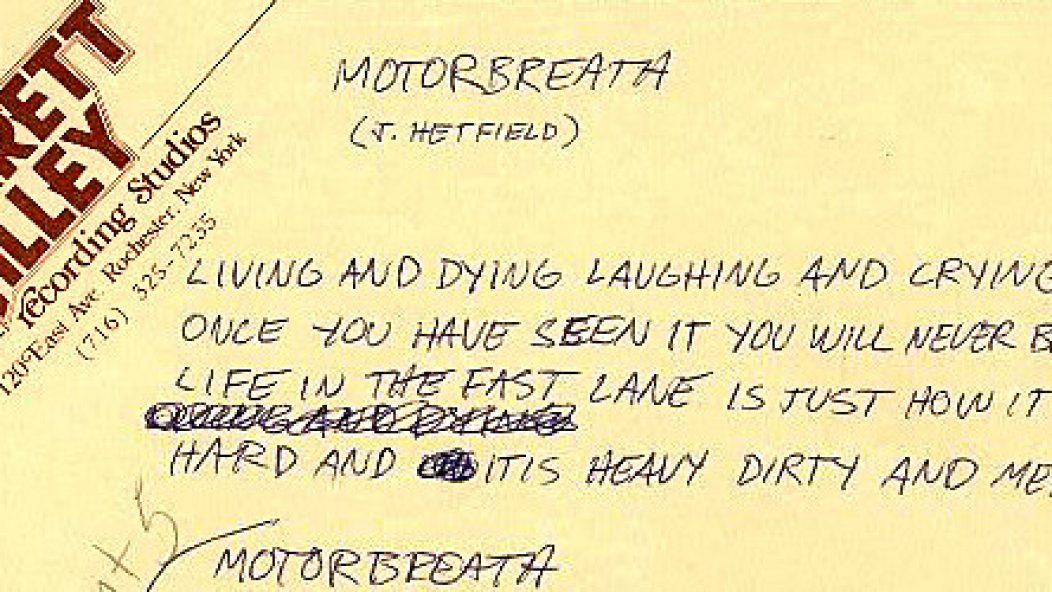
Greatest Hits: Why Lyrics Matter
…
Heavy metal has been around for about 45 years, and pop culture’s gatekeepers have pretty much always treated it as an art form for kids. (Never forget: Teenagers are children.) Metal has earned this treatment in many respects. It’s frequently crass, juvenile, thoughtless, offensive, shallow, manipulative, narcissistic music. And that’s just the lyrics.
But like any child, metal has grown up a lot in the decades since it was born. Though the music still appeals primarily to young people, metal musicians are mostly adults, and so adult complexities and concerns have infiltrated their work. A lot of metal is positively sophisticated these days, and even superficially dopey bands can run deeper than you’d think.
When I first came across Invisible Oranges around 2009, it was the only publications I’d encountered — online or elsewhere — that recognized this fact. Founder Cosmo Lee and his small crew of collaborators acknowledged metal’s frequent absurdities and foibles, and routinely made light of them. But they also engaged with the music seriously. They subjected it to the kind of careful analysis typically reserved for more respected art forms, tracking its evolution in the era of social media and long-tail tastes. They understood that metal had survived for so long because it offers something more profound than loudness and shock tactics, even though those remain among its central features. Their approach offered an idealistic but valuable alternative to the norm for thinking about metal.
Cosmo and company’s nerdy thoroughness led them to a lot of unpopular conclusions, which made for some of their best writing. One post that stuck with me in particular ran in 2011, shortly before Cosmo moved on. Entitled “Why Lyrics Matter,” it challenged the common-in-metal assertion that lyrics aren’t important. (Fittingly, the first IO post ever involved a complaint about bad lyrics.) The entire post is dead on the money, but reading it again, this paragraph jumped out at me:
The second way in which lyrics matter is political, strange as that may sound. We live in an age of overload of both information and disinformation. We are told more things than ever, and they mean less than ever. When we watch TV adverts, and some rapid-fire voice machine-guns out a legal disclaimer at the end, we hear the letter but not the spirit of laws that are meant to protect consumers. Every time we see a news story, other stories could have been presented. Omission is an editorial and political act. It happens every second. Interests big and small use omission to keep people from knowing everything – and knowledge is power.
That’s a hell of a connection to make in a discussion about promos that come without lyrics, and it places a heavy burden of responsibility on metal musicians. Maybe it’s too heavy a burden to reasonably place on the genre that gave us toilet vocals and corpsepaint. But on the other hand, this crazy, ridiculous music means absolutely everything to quite a lot of people, young and old. And metal’s pretty old itself — more than halfway to earning its AARP membership. Maybe holding the art to adult standards isn’t such a bad idea; maybe it’s well overdue.
Read: ‘Why Lyrics Matter’
…











